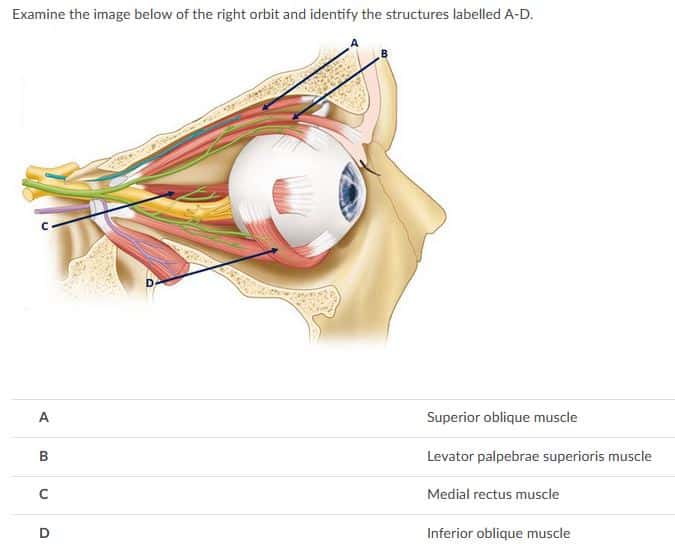
Canvas Quizzes: Feel the fear and do it anyway!
2 MDBS staff speak to their experience of using Canvas Quizzes


Uses of Canvas Quizzes for Summative Assessment of Second Year Medical students
Sean says:
It became apparent to me last summer (probably as I sat at my PC taking one of the many “how to teach online” courses) that we would be delivering the bulk of our courses remotely. This worried me, as someone who believes that good education is in the affective domain of projecting presence and communicating enthusiasm and love of the subject. Was it all going to be beyond my skillset, I wondered? Initially this was offset by the hope that some form of face-to-face teaching could be resumed, but as the September progressed into October and the COVID-19 case numbers remained high, it was apparent that we were going to be in this for the long run.
As I generally do for big and intimidating tasks (such as converting wholesale to online delivery), I firstly broke the task into smaller more manageable chunks and tried to resource myself well for the job. One week at a time was the motto and get through it together. Following on from the Dalai Lama’s invocation to see a gift in every challenge, I have been hugely impressed at an adaptable and professional student cohort. They expressed their needs through excellent student reps and their huge student buy in to what we were trying to do in the Centre for Biomedical Sciences Education (CBMSE). I also discovered diamond colleagues, both in the CBMSE itself and in Digital support (such as Daria Casement, Tony Furnell and Jen McParland) who all went above and beyond their roles in making sure I could continue to do my job.
Having said all this, a huge challenge presented itself at the end of term in the form of a summative practical assessment that I planned to run on Canvas in the form of a quiz. It had to be absolutely secure, reliable and not computer resource intense so that students with poor WiFi could access and use it. I had very specific requirements; that students not to be able to make multiple attempts, that they only take one question at a time, that they not see correct answers and that certain students registered with disability services could get extra time. Fortunately for me, I had Jen McParland and Samantha Taylor’s help and support in this. Jen spent at least 2 hours with me in one-to-one instruction in Canvas Quizzes and how to meet my specific requirements. My CBMSE colleague, Samantha was only too happy to share her experience on quizzes, having cut her teeth on running her formative anatomy assessments from September on.

Samantha takes up the story:
In September 2020, a practical anatomy module for 2nd year medical students moved online for the entire academic year. As the semester got underway, I began to consider how I would assess my students on their knowledge of head and neck anatomy at the end of semester 1 – a challenge indeed! So, I began to explore the possibility of using Canvas quizzes for this particular assessment. I was already very familiar with this option within Canvas, having embedded weekly formative quizzes into the module during the previous academic year. I had found that my students really engaged with these quizzes, so I continued to run this type of weekly formative assessment during this academic year. Canvas quizzes offers teachers a flexible and user-friendly solution and I have to say that I really enjoy using this feature of the VLE. I do love the fact that there are a range of question formats e.g., fill in the blank/s, MCQ, true/false, matching. Also, the option to embed images is perfect for anatomy – and also for many other subject areas.
Discuss the impact it has had:
Samantha says:
Thankfully, the assessments that we ran last December went according to plan. Our students had already become very familiar with the Canvas quiz environment, style of questions and navigation around this part of the platform – and this will undoubtedly have given them confidence. This assessment could not have run without the tremendous support from both Aaron Crozier and Jen McParland.
Sean says:
Yup, what she said (smiley faced emoji), especially the bit about the collegiality of the digital learning support people. Would have been stuck without it.
Conclusions:
5 Top Tips from Samantha:
- Start building your question bank well in advance of the assessment – it really does take time!
- Once you have set-up the assessment, do a trial run and ask a colleague to do a trial as well – this will help to iron out any potential glitches
- Think about randomising questions and shuffling the answers presented to your students
- Present students with one question at a time and make sure that each question is locked after answering
- Opt to manually post the results as this will give you time to review submissions and make any adjustments to marks e.g., for students who are entitled to consideration for spelling and grammar
Some final thoughts from Sean:
I would wholeheartedly commend the staff support we have and opine that if I can set this up successfully (with much hand-holding admittedly), it’s not beyond anyone! Preparing and mounting the exam has been an object lesson in the value of building our online communities of action and practice, both securing student buy in to what we are doing, but also accessing the resources within our own Centres and Digital support.
NOTE:
- For more information on using Canvas Quizzes for assessment, please refer to current assessment guidance (Semester 2 AY 2022/23)
- To ensure all content within Canvas Quizzes is accessible please refer to the detailed digital accessibility guidance.





